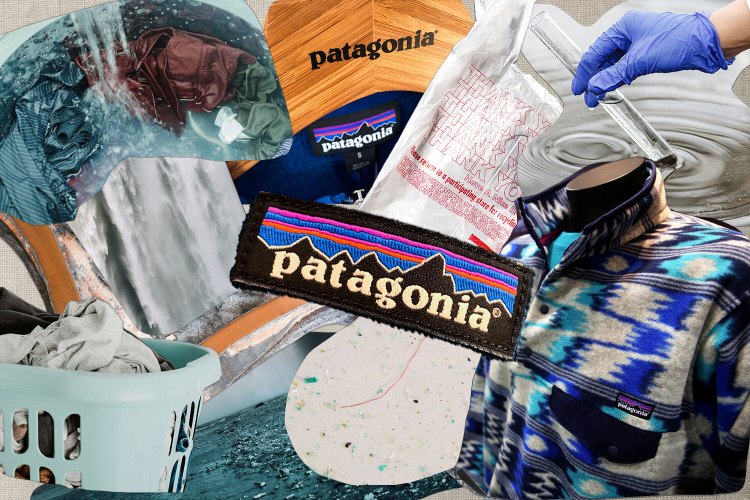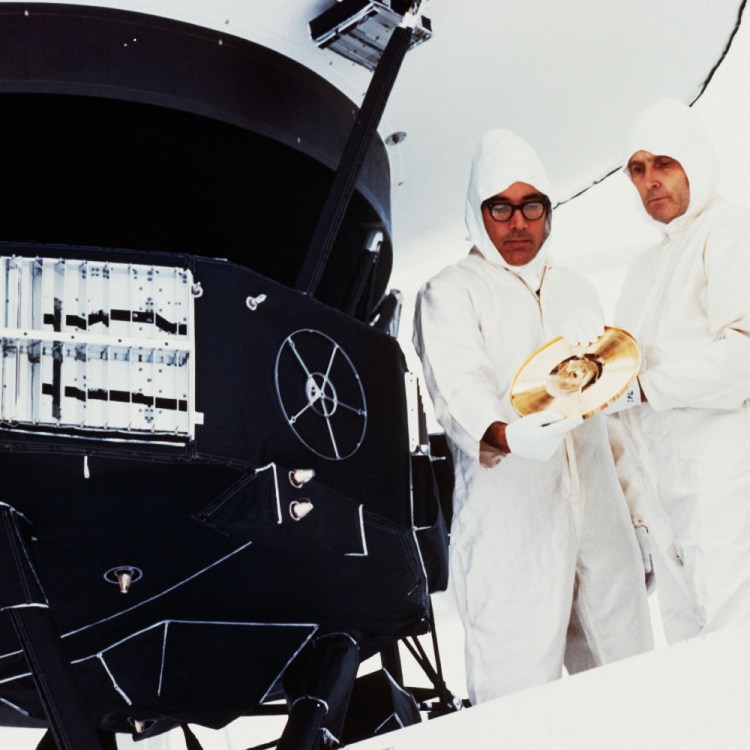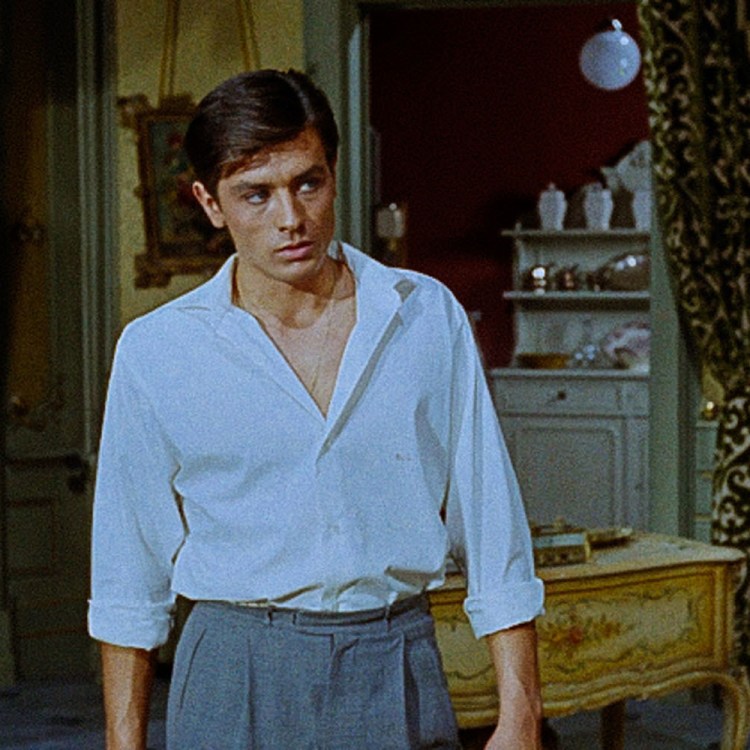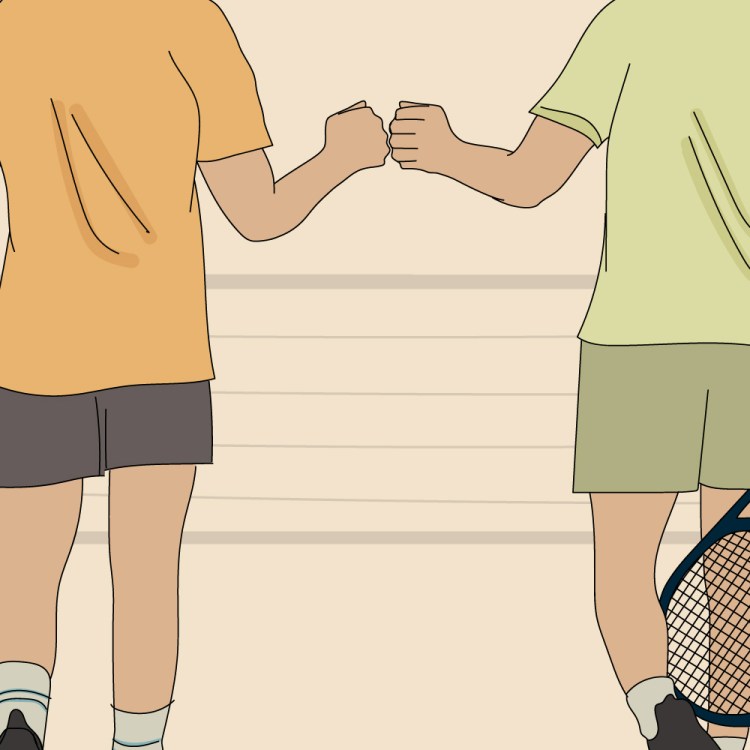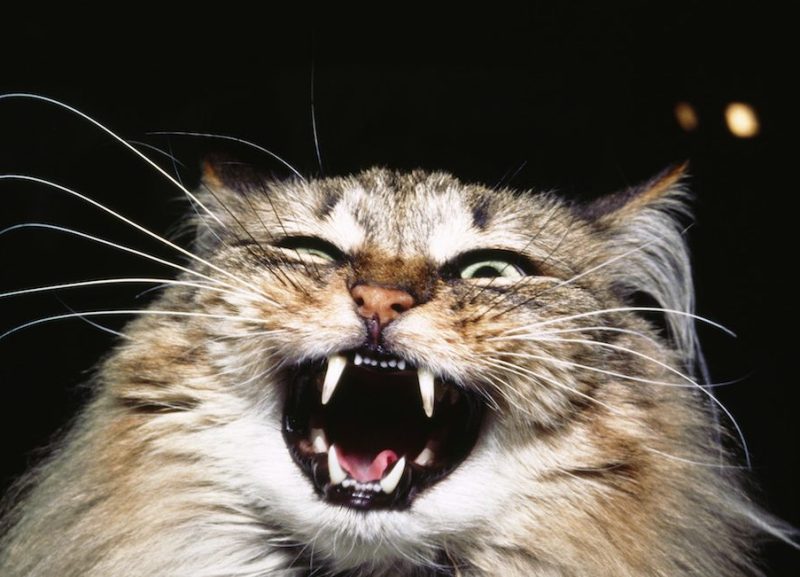
Even if you’re a cat person, you’ve probably had a bad experience with a cat. There’s almost certainly been one that you came to genuinely dislike. There’s a decent chance it injured you in some way. You may have come away thinking: Why is this animal even being kept as a pet? Abigail Tucker has looked into this question and came away with the conclusion: maybe it shouldn’t be.
Tucker set out to do an exhaustive history of cats for her book, The Lion in the Living Room: How House Cats Tamed Us and Took Over the World. She concluded, “Cats are uniquely ill-suited for domestication.” Tucker shared a number of the reasons with Alice Robb of New York magazine:
“When people set out to domesticate the first animals, we targeted animals that were easy to keep in confined spaces, and animals that would eat a variety of things—think of a pig or a goat, which will eat any old swill left over from your kitchen. Cats eat only fancy food, meat that we could eat ourselves.”
But wait, there are more problems:
“We also tended toward animals that had social hierarchies that we could dominate. Dogs and cattle have lead animals, and we can control them by acting the alpha dog or the lead steer. But cats are solitary animals that don’t have social hierarchies. They’re hard to physically control, and they don’t tolerate confinement well.”
Indeed, the strongest argument for keeping cats indoors is that when they get outside they cause real trouble. They have a knack for preying on endangered birds and other species that are in jeopardy. They’ve caused so many problems in Australia that they’ve been denounced as an “Ecological Axis of Evil.”
But before the dog people start feeling too smug, they should note that Tucker came away from the project still adoring cats. She does, however, now love them for new reasons. She notes:
“I lost a lot of my sentimental regard for cats—that ‘oh, my cute fur-baby’ response. But I find that I marvel at them more. I can appreciate the backstory, how this little animal managed to carve out a place for itself in the world, and to become a dreaded invasive species and—culturally speaking—one of the most powerful animals on the planet. To me, it’s about the wonder of life, and how this animal has gotten so far in the world without giving us much in return. I think that makes our relationship more pure.”
To read the full article and develop a whole new understanding of felines, click here. To get a copy of Tucker’s book, click here.
This article was featured in the InsideHook newsletter. Sign up now.













